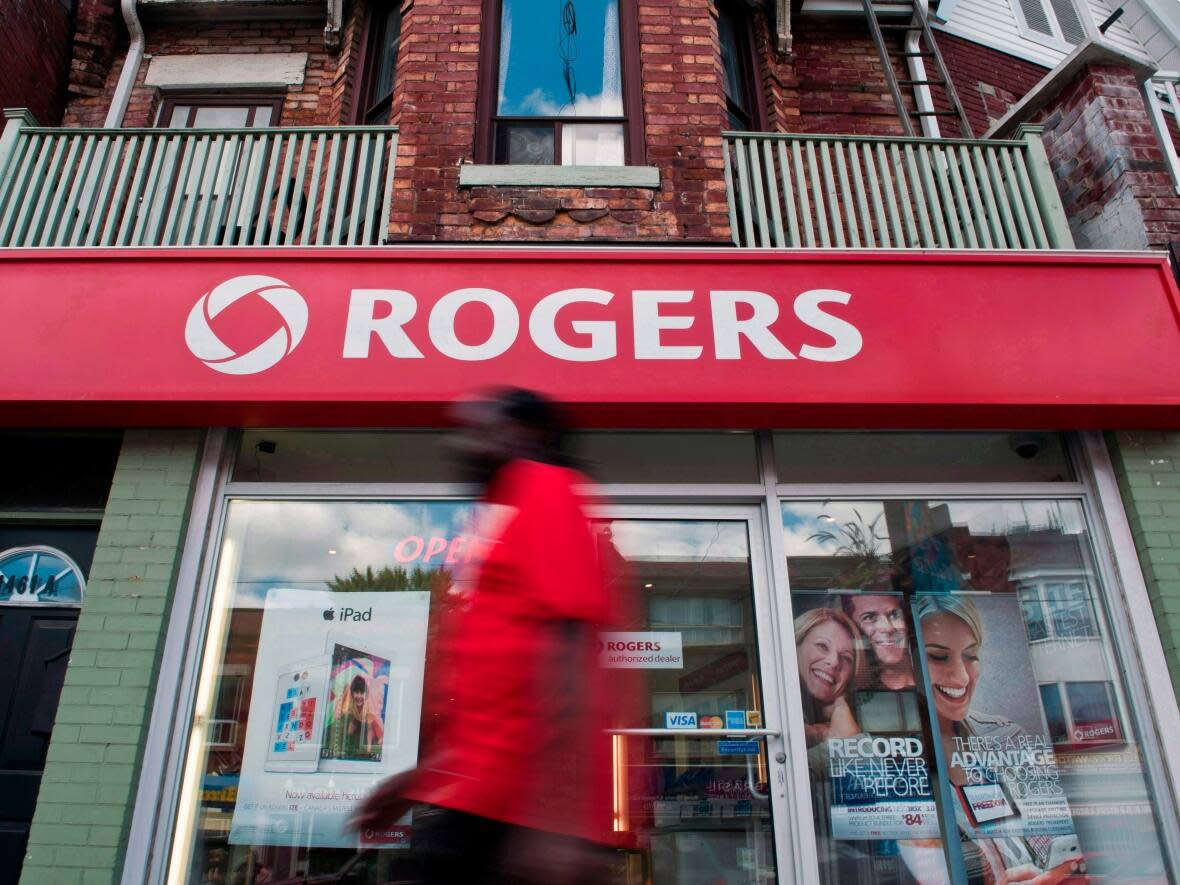TekSavvy warns against Rogers-Shaw merger

The decision is still pending for Rogers Communications's $26-billion takeover of Shaw Communications, but Chatham-based internet company TekSavvy is calling on the CRTC to level the telecom playing field.
The final decision on the merger was supposed to happen on Jan. 30, but Rogers and Shaw extended the deadline of the sale to Feb. 17.
If the deal goes ahead, Rogers will acquire Shaw, and Quebecor's Videotron subsidiary will acquire Shaw's Freedom Mobile wireless business.
The merger would create Canada's second biggest telecom operator, next to Bell, and have major ramifications for the telecom industry.
TekkSavvy's Vice-President of Regulatory and Carrier Affairs, Andy Kaplan-Myrth, said that merger would allow Quebecor to provide Internet service across Canada, through Freedom Mobile's existing network, creating a major challenge for companies such as TekSavvy.
Kaplan-Myrth said Rogers admitted during the federal Competition Tribunal that it will give Videotron a "sweetheart deal," to allow it to compete in the Internet market if the merger goes through.
"It's really an acknowledgement that the standard competitive framework is broken," he said.
The Competition Bureau appealed the Dec. 30 tribunal decision approving the merger but its appeal was rejected on Jan. 25.
The tribunal concluded the merger would not increase costs for wireless services in Western Canada or substantially reduce competition in the telecom industry.
But Kaplan-Myrth said many smaller competitors have already "closed their doors or sold to incumbents" over the past few years.
"Home Internet competition in Canada has been broken for so long that competitors like TekSavvy have been struggling and fighting at the CRTC and through the government to get better rates and terms," he said.
Internet consolidation following wireless phone service trend
The impact of a consolidated telecom market can be seen in Canada's high wireless phone costs, which Kaplan-Myrth said show the trajectory of the home Internet market.
Rewheel, an independent telecom research firm based in Finland, released a 2022 report that shows Canada is the second most expensive country for phone rates, after South Africa.
Kaplan-Myrth said it might seem like the merger will lead to cheaper prices initially, but the real solution is to increase competition.
"If we're just on a race to the bottom, to the lowest prices at all costs, what we're going to end up with is the one company who beats everybody else down," he said.
Kaplan-Myrth said the biggest impact customers will see from the Rogers-Shaw merger is even fewer options for Internet and phone providers.
"You're going to have ultimately really only one or two choices for a home Internet provider," he said.
"Very soon, it will become very similar to mobile, where there's this illusion of competition, but really, all the brands are owned by a few large, powerful, dominant companies."


